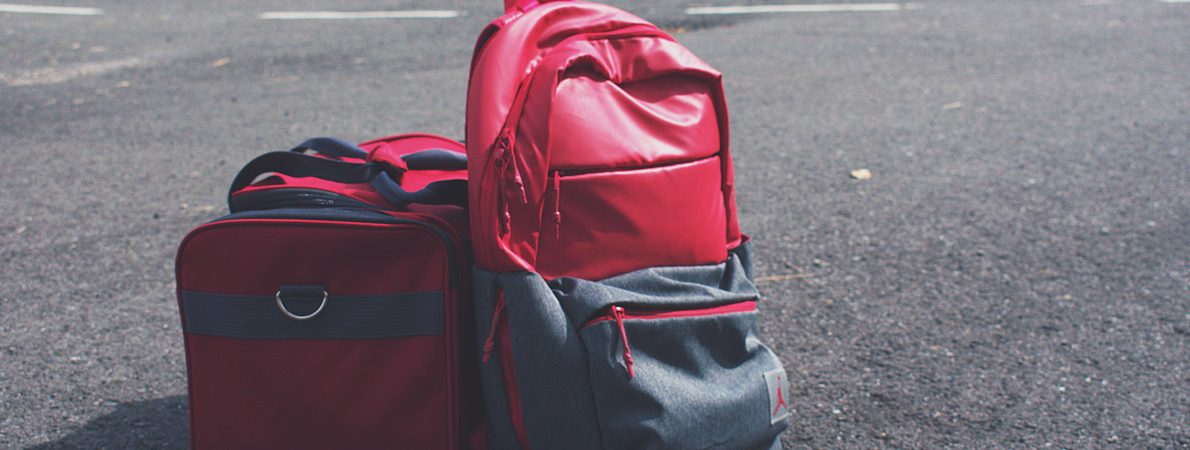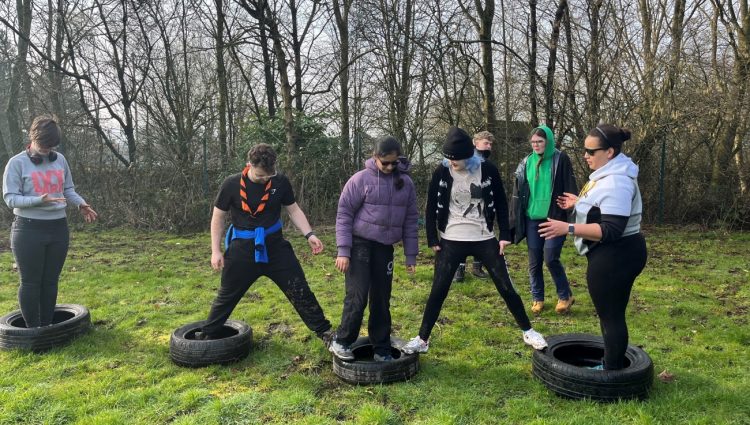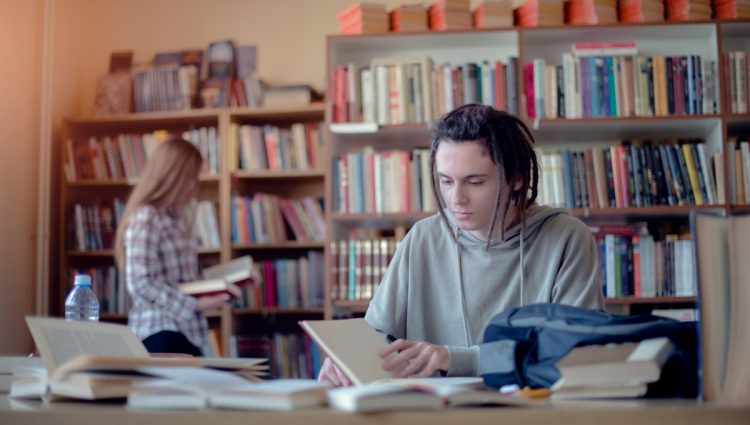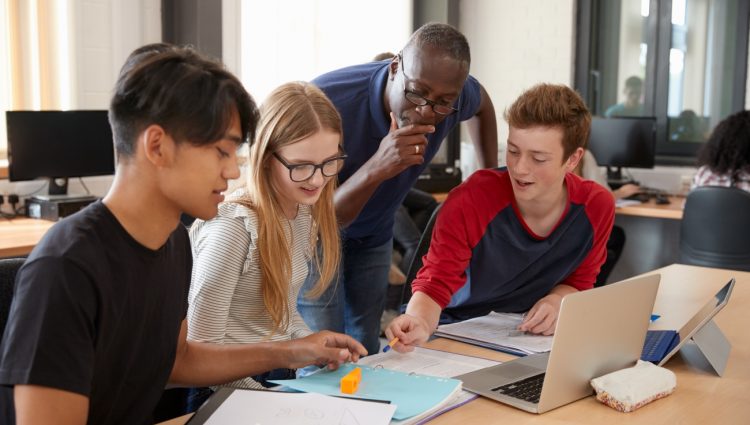Education trips and residentials provide students with the chance to experience different cultures, understand and respect differences, and develop new friendships. They can help to broaden horizons, providing a fantastic way to consolidate and apply real life experiences directly to their learning. This is even more so for blind and partially sighted (BPS) students who gain so much from these experiences, if they are approached the right way.
This quick guide is designed to help you start planning for your trips and residentials. Remember if you are in any doubt the Qualified Teacher of Children and Young People with Vision Impairment (QTVI) will be able to advise.
“Unlike at school, I didn’t feel restricted or like I was in a classroom setting. This freedom allowed me to socialise more easily with my sighted peers and express myself without any inhibitions” – Young Voices Volunteer.
Step One: Preparation is Key
Time spent on preparation can help ensure a far greater degree of independence for a BPS student:
- Start planning as soon as you can.
- Get as much information as possible from the QTVI, Parents/Carers and venue, as well as the BPS student.
- Find out as much as you can about the venue.
- Make sure all staff involved have vision awareness training specific to the student.
- You may also consider whether older peers may want to learn sighted guiding from the Habilitation Specialist.
Step Two: Assess the Risks
- Remember in unfamiliar environments students may not be as confident.
- Does the venue have any hazards that could impact the student e.g. uneven paths, overhanging branches etc.
- Do the staff at the venue, e.g. outdoor pursuits centre, have any experience of instructing BPS students?
- Is the staff ratio sufficient to cater for one-to-one instruction for BPS students?
- Will any specialist equipment be required for the student?
- Any safety issues need to be discussed with the BPS student beforehand, including explanation of any potential safety hazards previously identified in the risk assessment. This will help them to feel more prepared and confident.
“It’s a great space to explore social skills and be collaborative with others outside the classroom” – Sofia, Young Voices Volunteer.
Step Three: Consider Staffing
For many educational visits, if a member of staff is supporting a BPS student, they may get the place for free or at a much-reduced cost.
- A trained member of staff may need to support the student one to one, to gain the most from the visit as well as to ensure safety.
- A trained member of staff will know when to step in to support, as well as when to step back and allow independence.
- If the trip is overnight the student will need to know which staff are on duty and where they can be located.
- BPS students need to experience some degree of independence equivalent to sighted peers, especially when older.
Step Four: Plan the Resources
BPS students can gain knowledge and understanding through different senses like touch, sound, and smell. In a highly visual world, it is important to think about what additional resources can give meaning to the experience.
- Information, including itineraries etc need to be in an accessible format.
- What does the venue offer, a touch tour, audio guides, seating closer to the stage, etc?
- The student may need to bring their equipment such as a BrailleNote or a Perkins brailler – if an overnight trip, safe storage would need to be arranged.
- Staff need to be aware of speaking clearly and in detail.
“Providing students with clear information in advance, such as schedules in accessible formats, ensures they feel prepared and confident about the trip” – Tom, Young Voices Volunteer.
Step Five: Prepare the Student
Sighted students can gain an understanding of the world around them with just a glance. However, BPS students benefit with greater preparation prior to a trip.
- BPS students should clearly understand what is expected of them and what the visit will entail.
- If travelling abroad, can the student identify the currency. Link in with the Habilitation specialist.
- Can the student manage their own health needs, such as those with albinism who need to understand the need for sun lotion and how to apply.
- When at a venue take time to make the student familiar with the layout of the accommodation, including showers, toilets, drying rooms, dining room, fire drill routine etc.
“For me, the most important thing about residentials was the independence they offered. Unlike at school, I didn’t feel restricted or like I was in a classroom setting. This freedom allowed me to socialise more easily with my sighted peers and express myself without any inhibitions. It was a really valuable experience as my teaching assistant only helped during activities” – Sofia, Young Voices Volunteer.
Take the first step today – start preparing, reach out to your QTVI for advice, and ensure your trip is inclusive for all your students!







